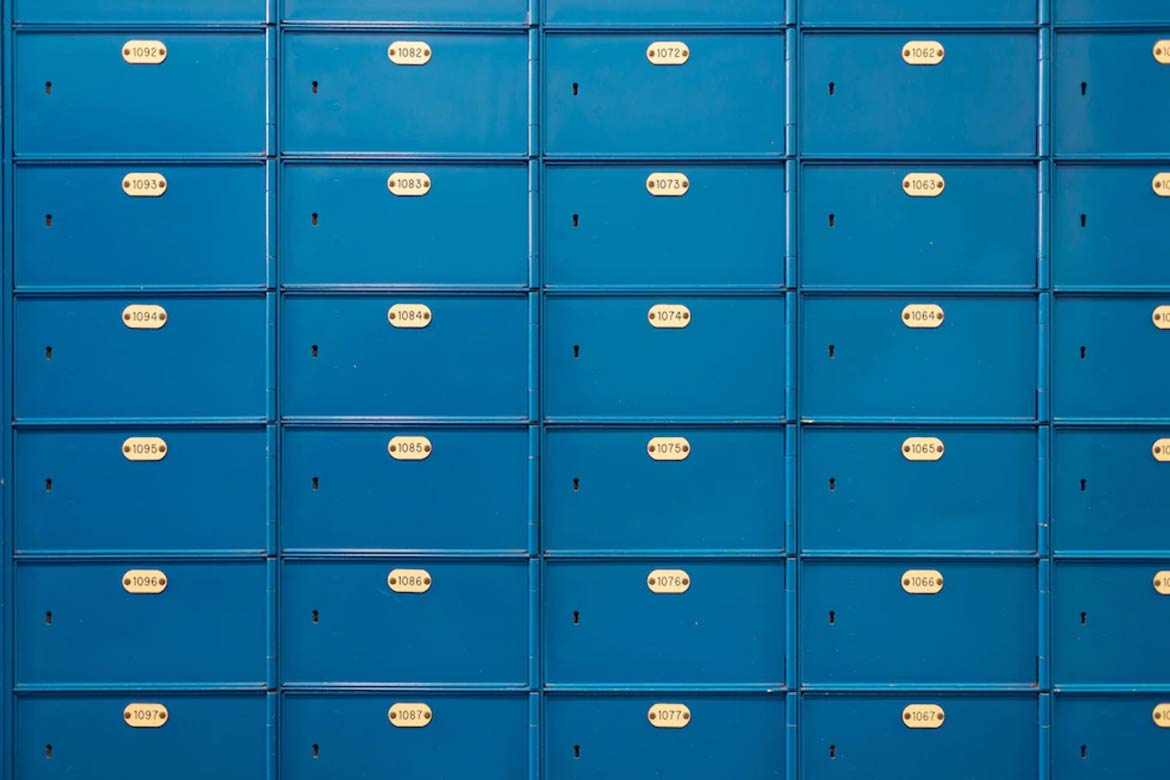People keep their jewelry and other valuable items in bank lockers to keep them safe. If you have kept your gold in a bank locker or plan to reserve a locker for yourself in a bank, you should be aware of the newly revised locker rules.
Following a Supreme Court order, the RBI has mandated that banks be held accountable for bank lockers. The new rules will apply to both safe deposit boxes and bank safe custody. Last year, the Supreme Court ordered the RBI to implement a uniform locker management rule for all banks within six months. Banks have also begun to implement new rules regarding lockers. With the interests of customers in mind, the RBI has implemented new rules regarding bank lockers.
Compensation has been revised:
The Reserve Bank has set a limit on customer damages for arson, theft, building collapse, or fraud by bank employees under a new rule that goes into effect in January 2022. In such cases, the customer will be compensated up to 100 times the annual fee paid for the bank locker facility. This means that if the bank charges you Rs 10,000 per year for a locker, you will be awarded maximum damage of Rs 10,00,000 lakhs.
Guidelines for dormant lockers:
According to RBI guidelines, the bank will notify the locker owner via letter and send email and SMS alerts to the registered email address and mobile phone number. If the letter is returned undeliverable or the receiver cannot be traced back to the locker hirer, the bank must give the locker hirer or any other person interested in the contents of the locker a reasonable amount of time to respond. Public notices will be issued in the form of letters, one in English and one in the local language.
According to the central bank’s guidelines, the locker should be opened in the presence of a bank official and two independent witnesses, and the entire process should be videotaped. The RBI also stated that once the locker is opened, the contents will be kept in a sealed envelope with detailed inventory inside a fireproof safe in a tamper-proof manner until claimed by the customer.
Read More: Your New-Construction Home Should Come With A Warranty
1. Customer Due Diligence
Due diligence must be performed for all customers, regardless of their rights or capacities in hiring the locker. The RBI has also mandated that banks settle the claims of deceased locker-holders as soon as possible, i.e. within 15 days of receipt of the claim with appropriate documentation and proof of depositor’s death with reference to the nomination.
2. Transparency in locker distribution
Customers have been inconvenienced in storing their valuables due to a lack of transparency in the new locker allocation. The new guidelines require banks to acknowledge the receipt of all applications for locker allotment and provide customers with a waitlist number if lockers are not available for allotment.
3. Renting a bank locker
Banks typically charge their customers an annual locker rent, and the new guidelines provide more clarity on this. Banks are permitted to obtain a term deposit at the time of locker allotment to avoid situations in which the locker-hirer neither operates the locker nor pays the rent and to ensure prompt payment of locker rent.
4. Bank locker security standards
Banks must take the necessary precautions to ensure that the area where the locker facility is located is properly secured in order to prevent criminal break-ins. At all times, the area containing the lockers should be adequately guarded with maximum security. The location of the lockers must be secure enough to protect against the risk of fire, rain/flood water entering, and damaging the lockers in emergency situations.
5. Nomination Service
Banks must provide a nomination facility for safe-deposit lockers and have appropriate systems and procedures in place to record the nomination, cancellation, and/or variation of the nomination made by locker hirers in their books.
Read More: Maruti Suzuki Ciaz, S-Cross, and more are on sale for up to Rs 47,000
6. Locker operations
Banks are required to keep records of all individuals who use lockers, including locker hirers, as well as the time and date (both check-in and check-out times) they use them and obtained their signatures. This will aid in the smooth operation of the lockers as well as the storage of access data.
7. Release of locker contents
The possibility of locker content being discharged, for example, if the customer decides to surrender the locker or if the sole locker hirer dies, the contents will be transferred to the nominee. If the locker was opened jointly by two holders, the bank will provide locker access to the survivor and the nominee in the event of either holder’s death with another individual acting as the nominee.





